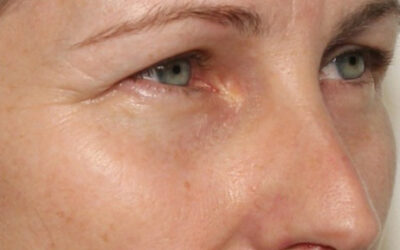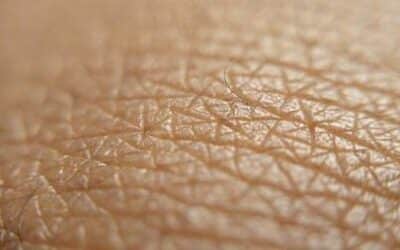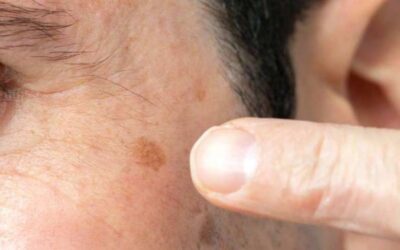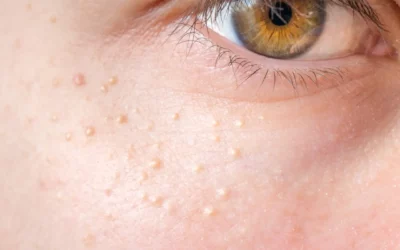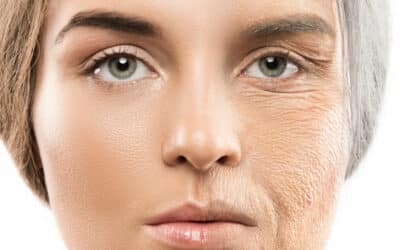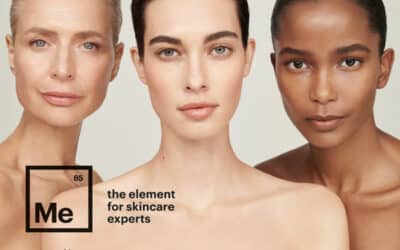Topical Sunscreens and a Healthy Summer
Many doctors and scientists agree that as much as 90% of all visible signs of aging of the skin are caused by sun damage. Statistically, it is said that 50% of sun damage occurs before the age of eighteen. Antioxidants assist with battling the free radical damage, which is a by-product of normal skin function. This damage causes the skin to age and thinning of the fat pad under the skin.
First of all, we all need sun, but in moderation. Sun is important for our overall wellbeing and for our skin. Twenty minutes of sun exposure in the early hours of the day or later in the afternoon have an energizing effect, it is good for the soul and is a source of vitamin D,- D3 being critical for liver functionality. Tanning is the skin’s defence mechanism against injury and trauma. Unfortunately, when you burn your skin in the sun, even a little bit, the DNA records that insult forever and plays it back like a videotape for years to come. In other words, you age much faster than if you have never burned at all.
Topical sunscreens are broadly classified into 2 groups – chemical absorbers and physical blockers. Chemical absorbers absorb UV rays while physical blockers reflect UV rays. Physical Blockers such as zinc oxide and titanium dioxide are not absorbed by the skin. Instead, they sit on the skin’s surface, blocking UVA and UVB rays and act as a natural reflective shield. Sunscreen formulations labelled “SPF” only refer to UVB protection, while labels stating “Broad Spectrum SPF” protect against both UVA and UVB rays.
It is recommended to choose an SPF 30 if you plan to be outside for a longer period of time, as it will provide 97% protection from UV damage. You are still able to acquire a tan when using sunscreen as no sunscreen will block all UV rays. It is often thought that there is a massive protection difference between SPF 15 and SPF 50 when in reality there is only a 5% difference in coverage.
Conventionally formulated sunblock is often too greasy or heavy to wear daily. Hence most people will only wear it to the beach and skip it on a daily basis. Wrong! The sun mercilessly comes through car windows and windscreens and any reflective surface with the end result being potential skin damage.
After evaluating the type of sunscreen to use, it is important to look at the complete ingredient deck. A vast majority of formulations contain
chemicals that are dangerous to the skin and then when they are absorbed by the body, have been linked to a host of health issues and allergies within the skin and beyond. Formulas comprising more natural, antioxidant and mineral-rich ingredients will not only support the skin in maintaining optimal health but will also further enhance the UV protection benefits.
With antioxidants, you can’t have too much of a good thing. Not only are antioxidants vital in protection and prevention, but they are also important in fighting the signs of aging, internally and externally. Getting these nutrients naturally from natures’ superfoods is always the best option, but topicals applied to the skin and internal supplements also help the skin. These include glutathione, vitamins A, C, E, bioflavonoids, polyphenols, resveratrol, and superoxide dismutase.
Whichever side of the chemical vs physical fence you sit on, when selecting the right protection for your skin, you need to think seriously about what will provide the best health benefit for the skin. I always like to say the best sunscreen is the one you will actually use. Keep in mind zinc oxide is an inorganic compound and an essential mineral for our bodies. This powerful mineral provides both broad-spectrum protection and plays an important role in cell production, promotes healthy skin and hair and boosts the immune system. Who doesn’t like a skincare ingredient that pulls double duty?

